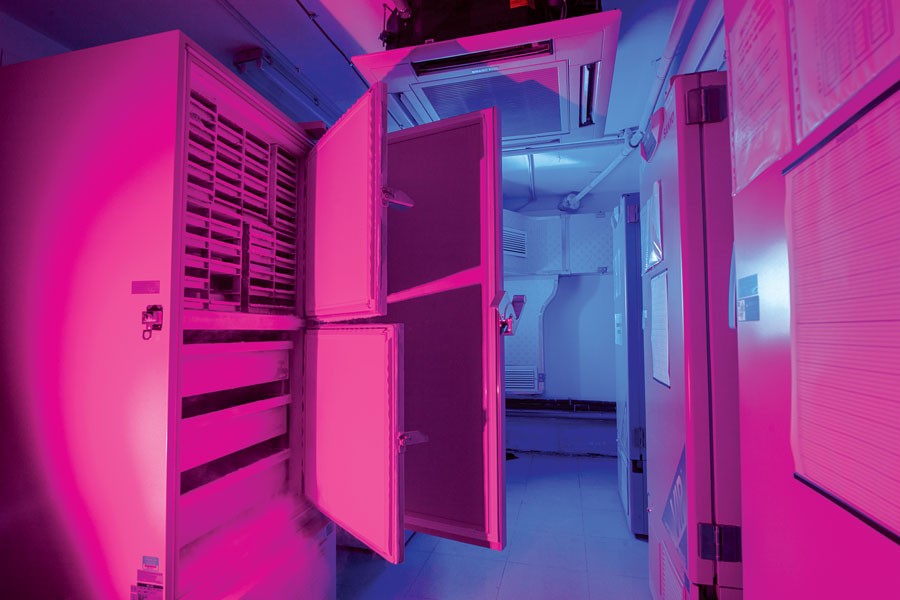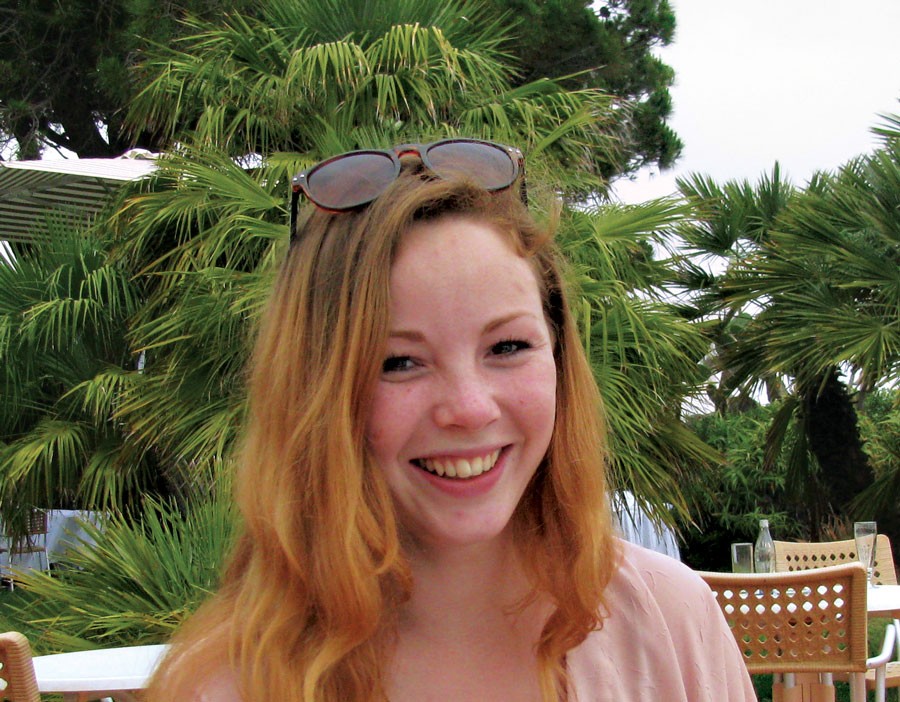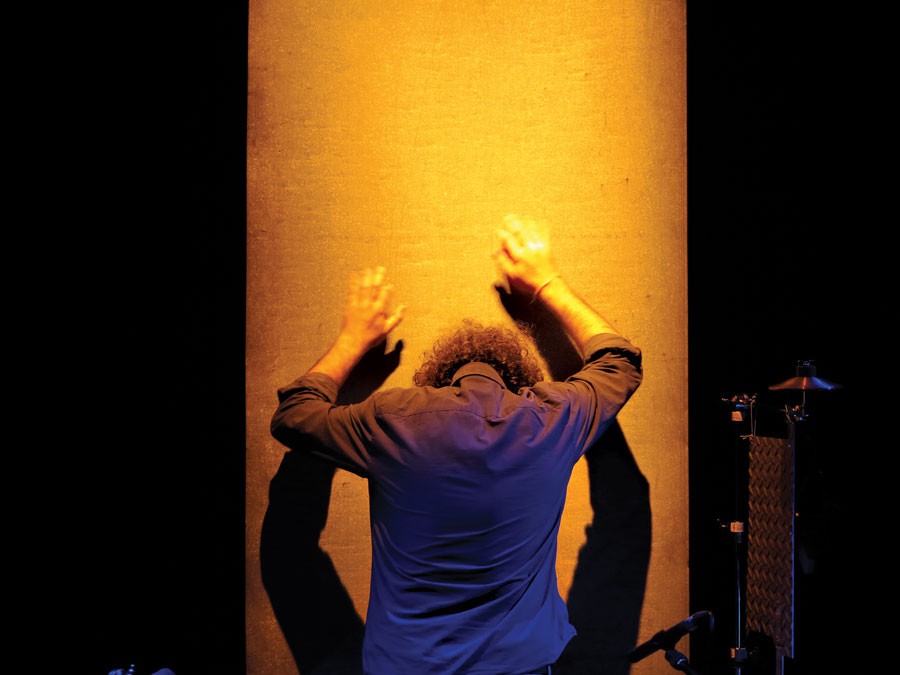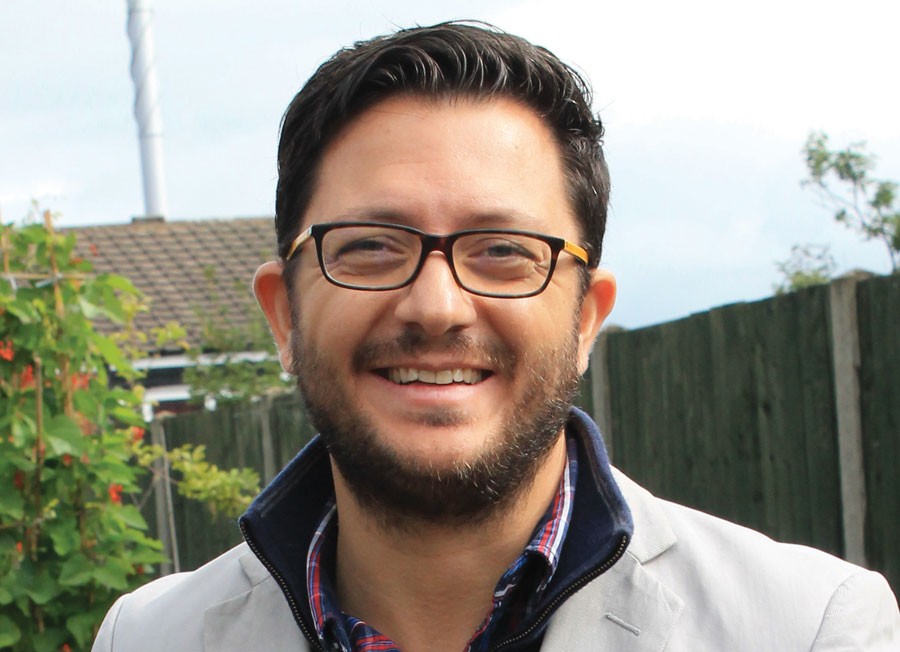In the early 1990s, the Malta BioBank was started with the collection and storing of samples from all Maltese children who had been screened for rare blood disorders. Set up as a collaboration between the University of Malta and the Malta Department of Health, it was first launched using Italia-Malta project funds followed by EU pre-accession funds.Continue reading
Creative playground

The Diploma in Design Foundations Exhibition highlights the yearlong visual and creative process of 80 students. It is a study in representation, composition, and perception of space. Pencil drawings, typographic prints, cast sculpture houses, and panoramic landscape photography fill the studio space.Continue reading
What can Malta learn from Singapore?
By Dr Andre Xuereb and Dr Edward Duca
Singapore is Asia’s success story. It has a landmass just over twice that of Malta but produces over 30 times its economic output. Singapore has invested heavily in quantum technologies, turning itself into one of the world’s leading industrial economies. Though poor in natural resources, Singapore’s investment in knowledge has resulted in it becoming one of the world’s healthiest industrial economies.Continue reading
Fly power for neurodegeneration
By Rebecca Borg
Spinal Muscular Atrophy (SMA) is a neurodegenerative disease that causes motor neurons to deteriorate. These nerves are required for voluntary muscle activity control. Neuronal loss leads to progressive muscle weakness that makes it difficult for one to move and function normally. These devastating consequences make SMA the leading genetic killer of infants, who succumb to the effects of the condition within a few years.Continue reading
Nicotine stresses you out!
By Caitlin Davies
Every day in Malta, one person will die from a smoking-related illness. People usually begin smoking tobacco in their adolescence and addiction quickly follows. Quitting is hard and the majority are unsuccessful. Nicotine, with its crippling withdrawal symptoms, is to blame. Research suggests this component of tobacco can be more addictive than heroin. Smokers say that nicotine is pleasurable and enables them to concentrate and reduce their anxiety. Scientists think the opposite.Continue reading
The future of transport
By Brandon Spiteri
The world has globalised. People and cargo need to get about in cheaper, faster ways that use better transport technologies. Magnetic levitation is one way to achieve higher speeds at a cheaper fuel cost whilst offering a smoother ride. There is less friction since the vehicle floats on electromagnetic waves that make this transport method very efficient.Continue reading
Do you recognise me?
By Julia Farrugia
Automatic facial recognition could change the world of law enforcement. Profile photos of suspects are rarely available, so investigators still rely on face sketches based on eyewitness descriptions. Julia Farrugia (supervised by Dr Ing. Reuben Farrugia) implemented an automatic face recogniser that is able to retrieve a photo based on a sketch. This narrows down the number of potential criminals before trails start to go cold.Continue reading
Sound, reading and a fishing line
Time to evolve
Urban areas suffer from crippling traffic issues and gross water wastage. The University of Malta could become a living experiment to test innovative solutions to these problems. Words by Natasha Padfield.
Continue readingNew designs for better streets
By Dr Antoine Zammit
Urban development in Malta has undergone an exponential growth in the past decades. This is a growth that has often been imposed indiscriminately within long-established and tightly knit streets, and worsened by a lack of urban design approaches by investors and politicians alike. The Maltese planning system has only reacted to economic and market conditions instead of trying to foresee them, and consecutive governments have simply sought to stimulate the construction industry further. In addition, none of the policies produced by the Malta Environment and Planning Authority (MEPA) have to date been urban design-oriented. The planning system has been overloaded with a plethora of policies that however fail to consider the street—arguably the most important spatial scale within the Maltese urban environment.Continue reading









